
Search

Search

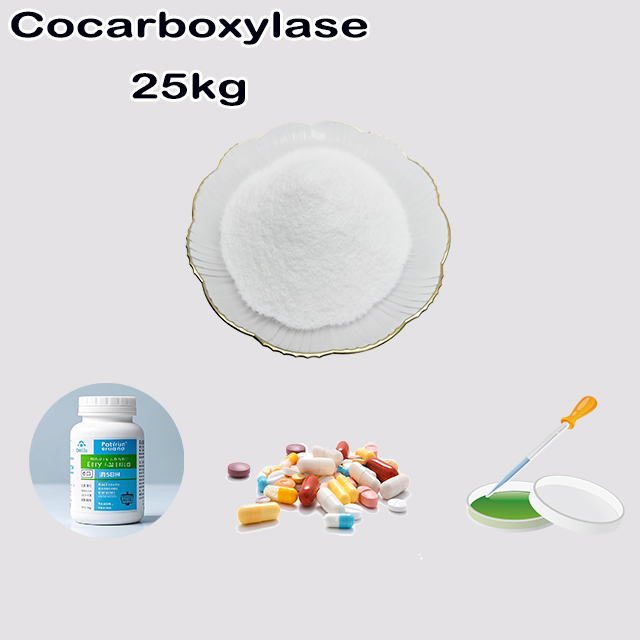
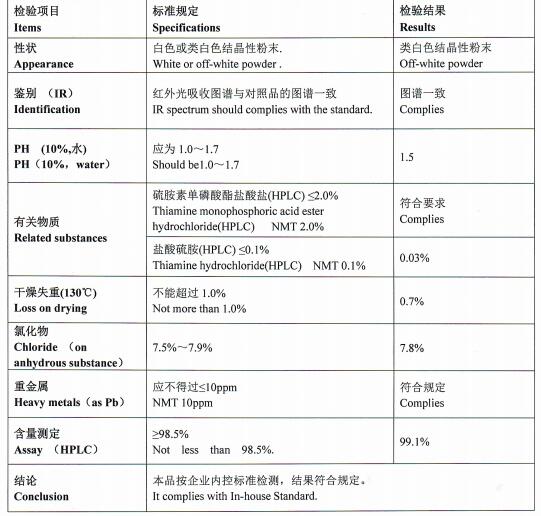
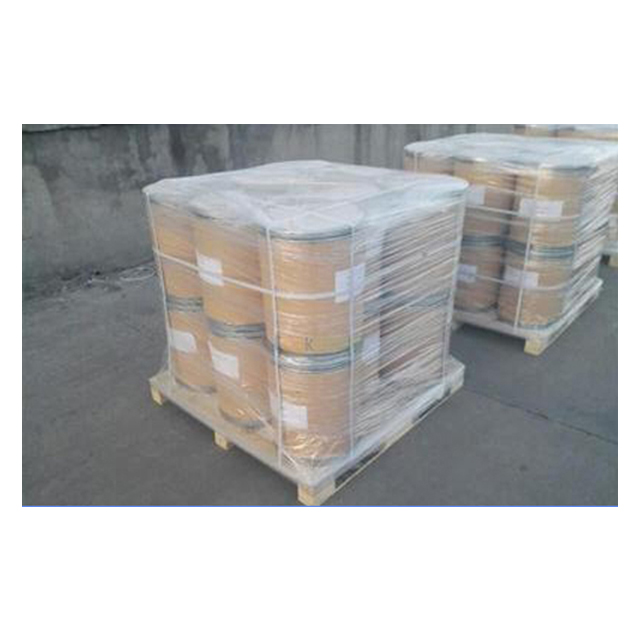

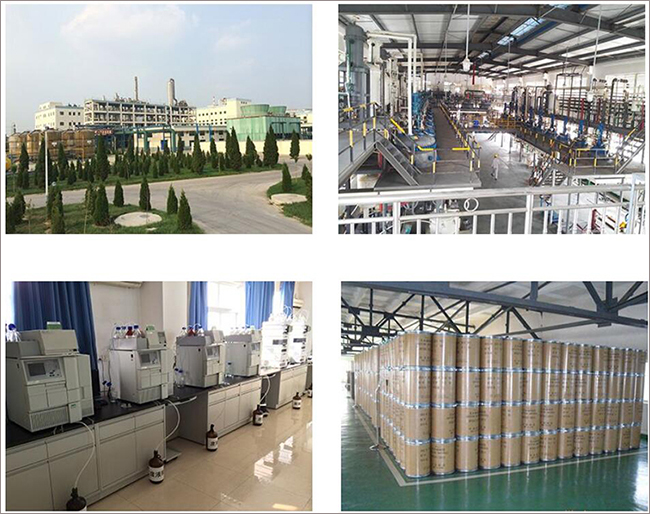





Cocarboxylase, or thiamine pyrophosphate (TPP), is the active coenzyme form of vitamin B1 (thiamine). It is essential for carbohydrate metabolism, serving as a cofactor in key enzymatic reactions. TPP facilitates the decarboxylation of alpha-keto acids (e.g., pyruvate to acetyl-CoA in the Krebs cycle) and participates in transketolase reactions in the pentose phosphate pathway, aiding energy (ATP) production and sugar metabolism. It is critical for neurological function, as neurons depend on glucose metabolism. Deficiency impairs these processes, leading to disorders like beriberi or Wernicke-Korsakoff syndrome. Clinically, it is used to treat thiamine deficiency, often linked to alcoholism, malnutrition, or metabolic disorders.
Cocarboxylase is the coenzyme form of thiamine (vitamin B1), known chemically as thiamine pyrophosphate (TPP). It plays a critical role in cellular metabolism, particularly in enzymatic reactions involving the decarboxylation of alpha-keto acids, such as pyruvate and alpha-ketoglutarate, in key metabolic pathways like the Krebs cycle. Here's a detailed breakdown:
Structure: TPP consists of thiamine (vitamin B1) with two phosphate groups added, making it the active coenzyme form.
Function:
Decarboxylation Reactions: Facilitates the removal of carboxyl groups (-COOH) from molecules, such as converting pyruvate to acetyl-CoA (critical for entry into the Krebs cycle) and alpha-ketoglutarate to succinyl-CoA.
Aldehyde Transfer: Acts as a cofactor in transketolase reactions in the pentose phosphate pathway, aiding in sugar metabolism.
Metabolic Importance:
Essential for energy production (ATP synthesis) via carbohydrate metabolism.
Supports nervous system function, as neurons rely heavily on glucose metabolism.
Deficiency Implications:
Thiamine deficiency leads to impaired TPP production, causing disorders like beriberi (characterized by nerve, heart, and muscle issues) and Wernicke-Korsakoff syndrome (associated with alcoholism).
Medical Use:
Administered clinically to treat thiamine deficiency or conditions like metabolic disorders, alcoholism, or malnutrition.
The term "cocarboxylase" originates from its role as a coenzyme for carboxylase enzymes, though it is primarily involved in decarboxylation (removing CO₂) rather than carboxylation (adding CO₂). This naming reflects early biochemical nomenclature.
In summary, cocarboxylase (TPP) is vital for converting food into usable energy and maintaining neurological health, underscoring the importance of adequate thiamine intake through diet or supplements.
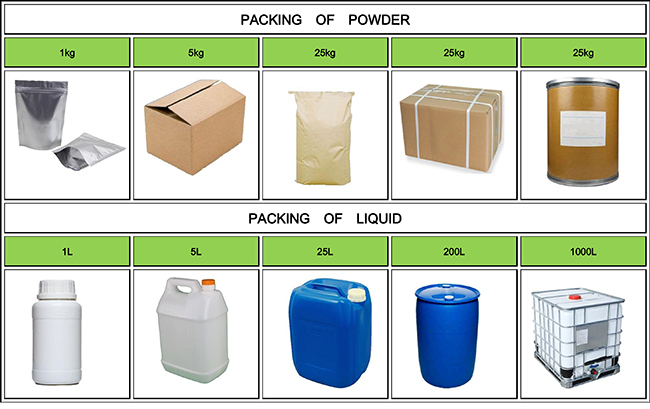

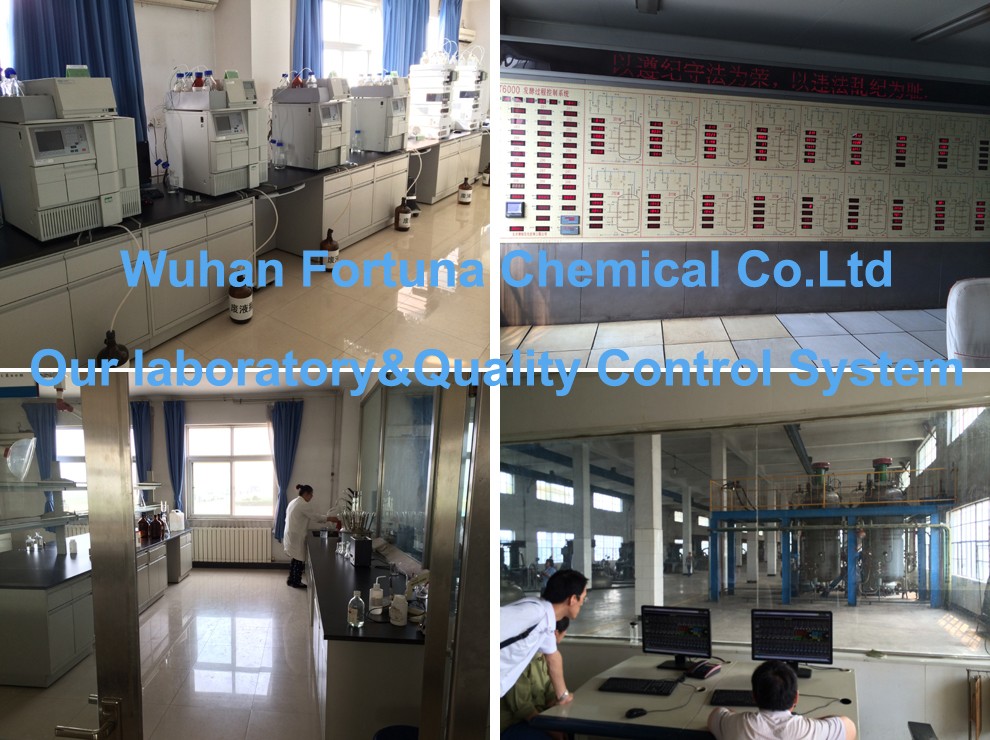

Fortunachem Provides Not Only Professional Chemical Products But Also Professional Help
Keeping you up-to-date with all the latest information, news, and events about Fortunachem!

Quick Links
Add:
E-mail:
 English
English  Español
Español  français
français  العربية
العربية 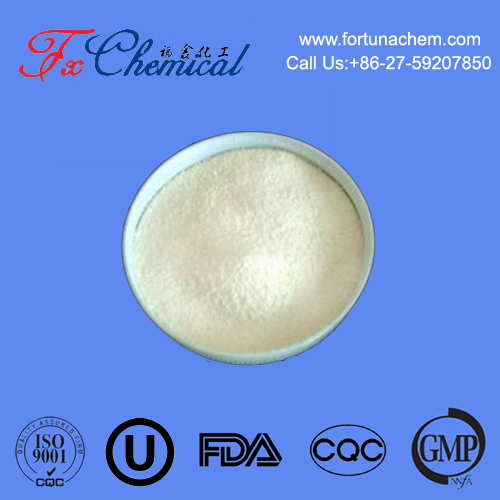
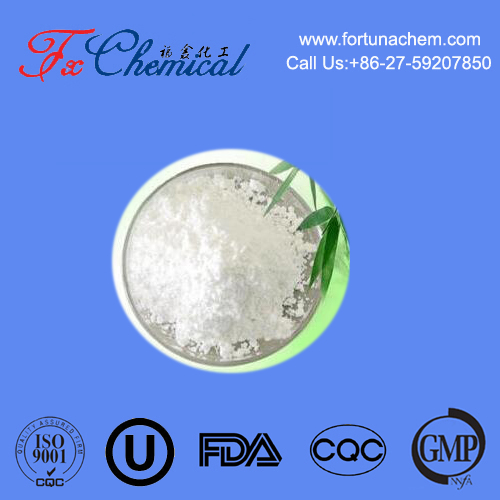
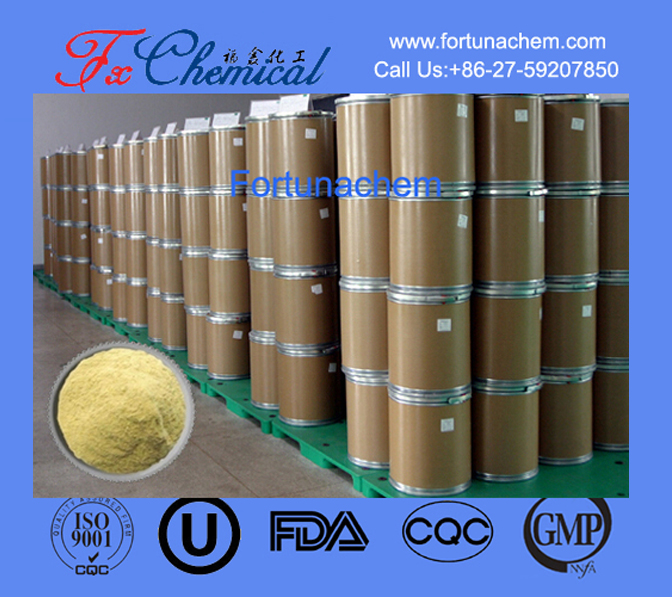
![N-[3-Chloro-4-(3-fluorobenzyloxy)phenyl]-6-iodoquinazolin-4-amine CAS 231278-20-9 N-[3-Chloro-4-(3-fluorobenzyloxy)phenyl]-6-iodoquinazolin-4-amine CAS 231278-20-9](/uploads/image/20220209/15/pharmaceutical-flavoring-agents.jpg)



